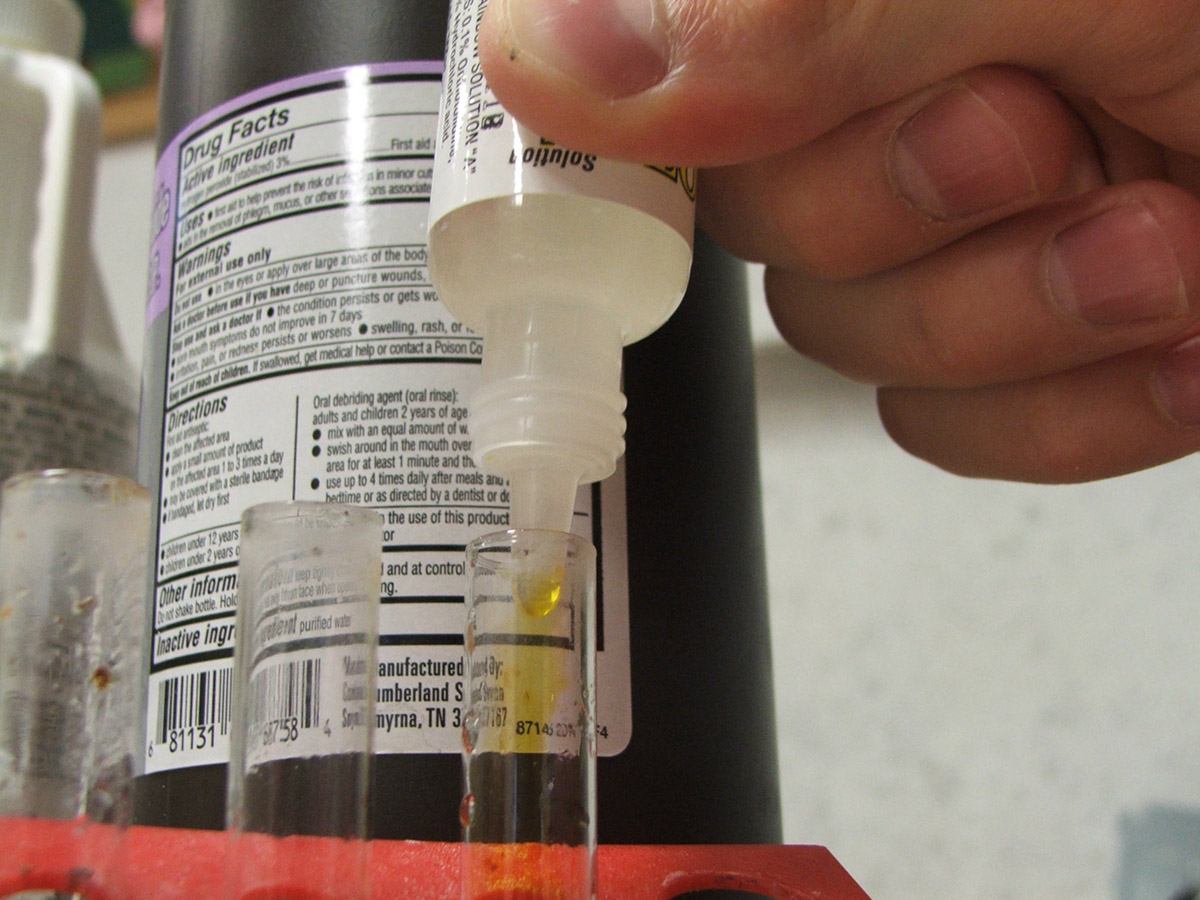
Chlorine is a chemical often used in different cleaners and bleachers, since it is found to have very good anti-bacterial properties. In the body, this substance reacts with water and forms hypochlorous and hydrochloric acids, poisonous for humans.
A person may get poisoned by inhaling or swallowing chlorine. As the most common sources of this chemical, we know mild cleaners and bleachers in the household and water and tablets used in swimming pools. Chlorine can also be found as gas, when mixing ammonia and cleaning products in powdered form, or after the winter, when the swimming pool gets opened for the firsttime.
How Chlorine Affects the Organism
Chlorine affects the airways and the lungs, eyes, ears, nose and throat, causing throat swelling and pain, breathing problems, burns in esophagus and even pulmonary edema. It can be responsible for gastrointestinal and blood problems, abdominal pain, vomiting, blood in the vomit or/and stool and can also damage blood vessels and heart. Chlorine also provokes serious change of acid levels in the blood, which damages all other organs in the body. Rapid hypotension, collapse, burns, irritation, skin problems and skin necrosis are also potential dangers of chlorine poisoning.
How to React
If you have been exposed to chlorine you should call National Poison Control Center 1-800-222-1222 or simply 911 for immediate medical help. Follow their instructions and don’t make the poisoned person throw up, unless the doctors over the phone told you to do so. You can also call national Poison Control Center to inform yourself about prevention or anything else about the poisoning.
However, if you are calling them to help someone who is poisoned with chlorine, before dialing the phone, always try to assess the situation. They will probably ask you about the age, weight and condition of the patient, what and how much of the product(s) he/she swallowed or inhaled, and when that happened.
Chlorine on the skin should be rinsed with plenty of water for 15 minutes or more, while if a person swallowed this chemical he/she should take some water or milk. Sometimes, poisoned person might vomit, experience seizures or be unconscious – in these cases don’t force the patient to drink anything. Person that inhaled chlorine must be taken to some fresh airinstantly.
What Will Happen in the Emergency Room?
Most commonly, doctors will check vital signs and measure temperature, pulse, breathing rate, blood pressure. After that, poisoned person will be treated for the symptoms. The treatment may include many different methods and therapies, including: activated charcoal, gastric lavage, antidote to reverse effects of the poison, bronchoscopy or endoscopy, intravenous fluids, oxygen, irrigation of the skin or removal of the burned skin.
Patients who got medical help very quickly and swallowed (or inhaled) rather small amount of the poison always have better recovery chances.




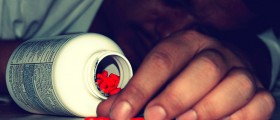

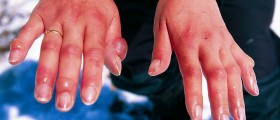



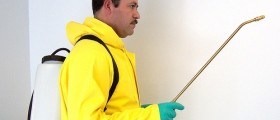
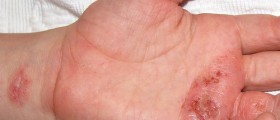





Your thoughts on this
Loading...